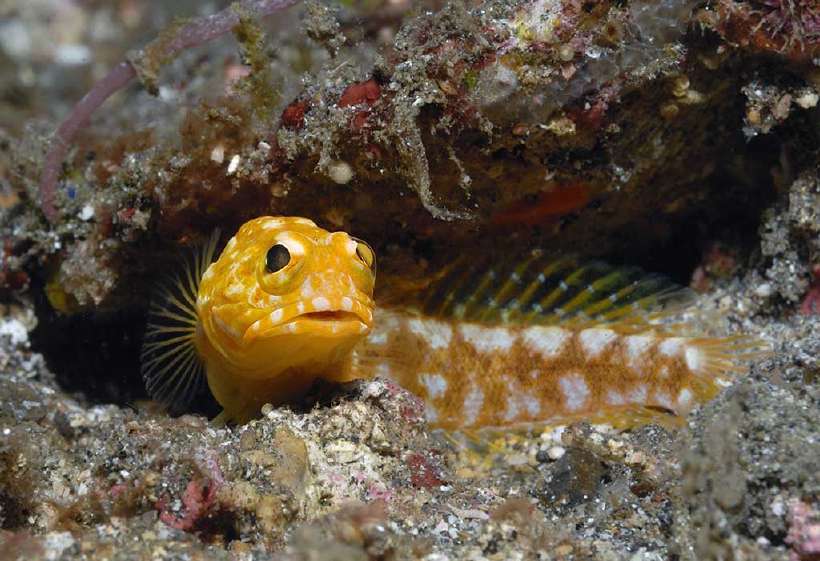Can Fish Lay Eggs in the Mouth?
Home / Science for Kids / Planet Earth for Kids / Can Fish Lay Eggs in the Mouth?
There is a kind of fish which does not use its mouth for just eating. It keeps eggs in its mouth instead of its stomach. And, it is the male fish which does it, not the female.
Jawfish (Opistognathidae) are paternal mouthbrooders. Mouthbrooding, also known as oral incubation, is the care given a parent by holding its offspring in its own mouth for extended periods of time.
![A Nest in the Mouth [Illustration by Shridevi]](/media/earth-52_1_hubfb0eba5b61d23581eb319794b293da0_4723_820x0_resize_q60_box.gif)
After the eggs are fertilised, the male puts them in his mouth, and carries them around for a month. And, while the eggs are in his mouth, he starves! That is because there is no space left for him to eat.
Usually there are about 50 eggs, each the size of a marble. In that one month, he uses the food he had preserved in his body before fertilisation.

After the month gets over, the eggs hatch. But, the small fishes do not leave the fish’s mouth completely. They venture out for food but they continue to come back to his mouth whenever they feel threatened by a predator. They keep coming back for about two weeks after which they begin life entirely on their own.
231 words |
2 minutes
Readability:
Grade 6 (11-12 year old children)
Based on Flesch–Kincaid readability scores
Filed under: planet earth
Tags: #incubation